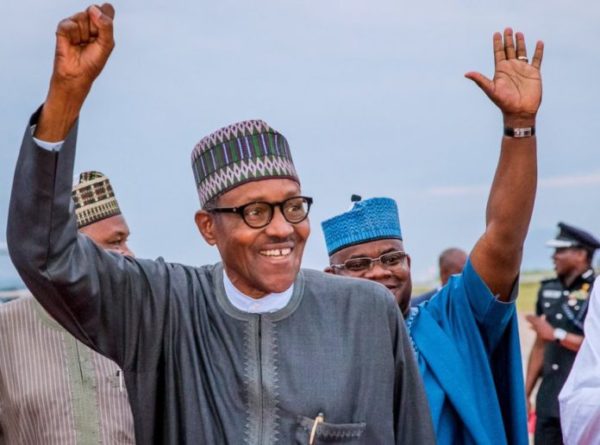A political and inflationary decision according to the experts. Under pressure from the union, including the Nigeria Labor Congress, President Muhammadu Buhari, 75, is about to approve a report on raising the minimum wage to 30,000 naira, or 83 dollars or 44,500 CFA. The problem, the majority of citizens of this country, employed by the informal sector, should not, a priori, benefit from the measure.
This 66% increase over the current minimum wage (81,000 naira) would be justified more by the proximity of the presidential elections than by macroeconomic considerations. President Muhammadu Buhari is running for his own presidential election next February.
Presidential approval should still be approved by parliament before it comes into force. “It is not clear that the government has the means to implement this measure,” says Charles Roberston, chief economist of Renaissance Capital (London), who notes that the Nigerian government has used more budget resources in spending than in investments.
In an email leaked by the Nigerian press, President Muhammadu Buhari’s cabinet says it wants to pass the law in the shortest possible time.
Beyond the political considerations, it is clear that the current minimum wage does not make it possible to live in view of an exponential inflation fueled by the increase of the costs of the products exported. The country faces a budget deficit of 3.3%. As for inflation, it stands at 12%. Debt service has more than doubled to 1,680 billion naira, or 4.5 billion dollars in the first half of 2018, which should push the country to further international debt. Nigeria bond spreads (maturity February 2028) jumped 15.7%, a sign of investor concern.



